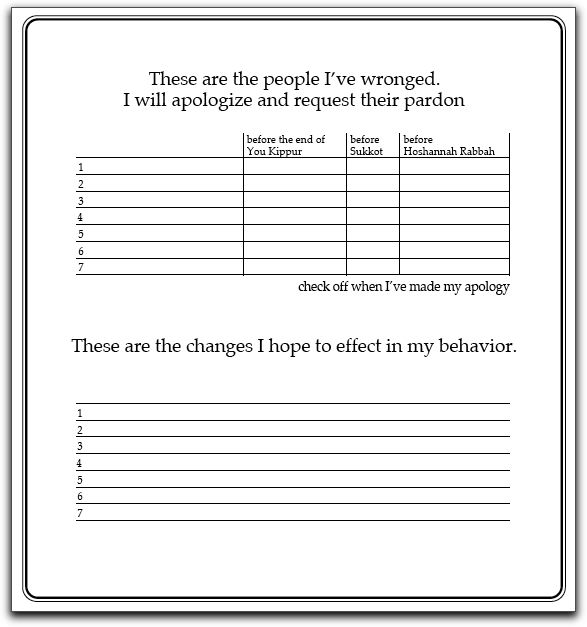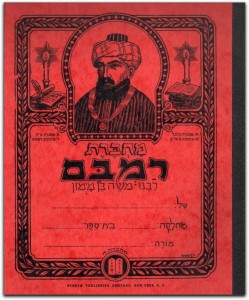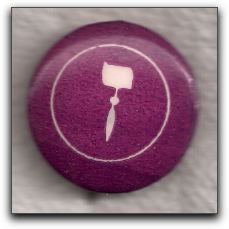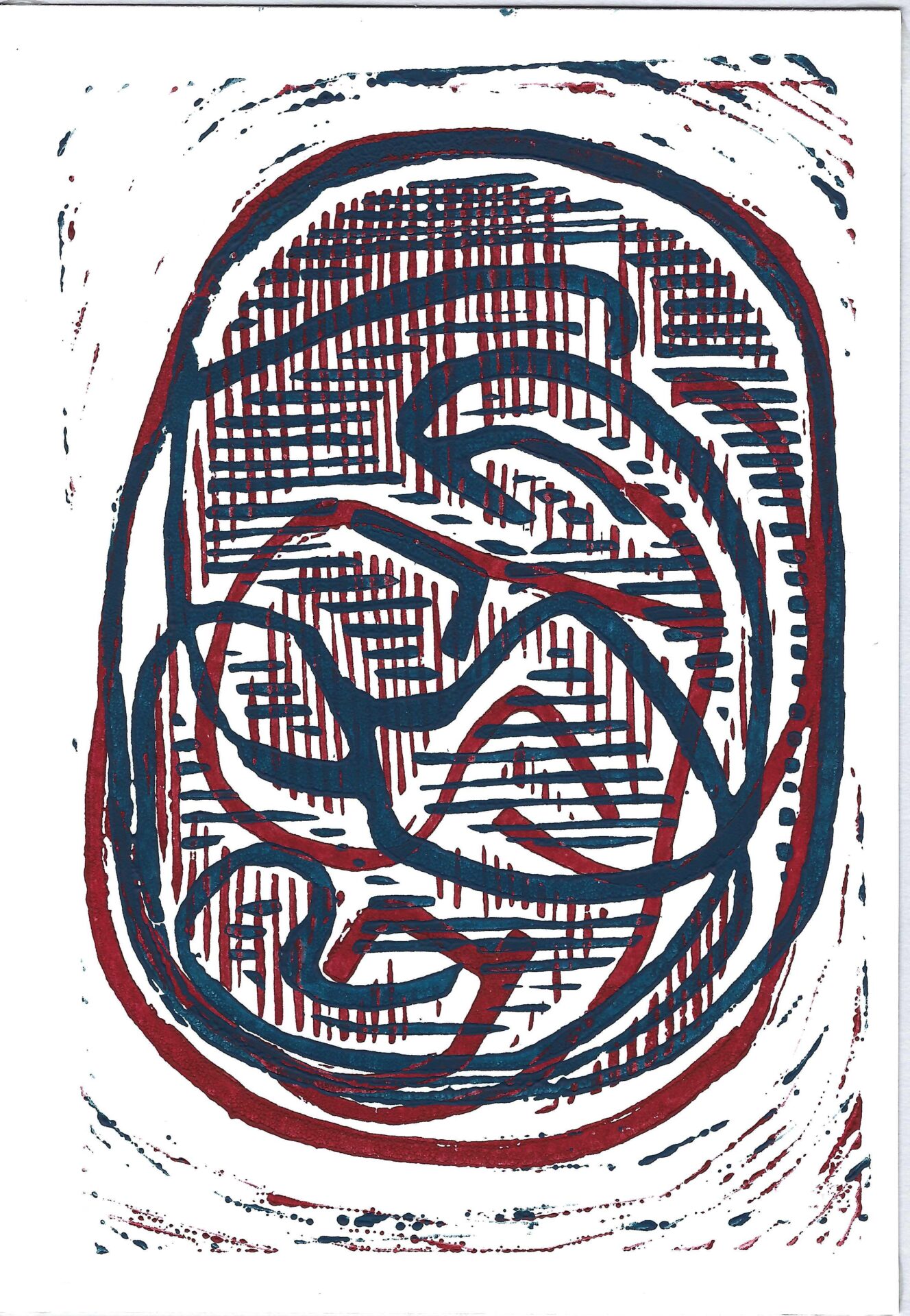now the real work begins
Talk about “trimming” or “unifying” is easy. The difficult task lies ahead. I need to seek out the people I have wronged, approach them and express to them my regret along with a clear plan as to how I will change my behavior in the future.

At this time every year I print out the worksheet illustrated above. I first prepared a variant in the late 1980s and made it available to my congregation each year at the beginning of Rosh haShannah. At that time I would explain that, though we may feel it is important to attend services periodically during the year, the important task of the holiday we each need to do on our own among the people we love and about whom we care.
According to the Rambam (Mishneh Torah, Hilchot Teshuva, chapter 2, halacha 9) God can forgive those transgressions between one person and another if we request forgiveness from those we have hurt and repair whatever injury we may have caused.
יא [ט]
אין התשובה ולא יום הכיפורים מכפרין אלא עבירות שבין אדם למקום, כגון מי שאכל דבר אסור או בעל בעילה אסורה וכיוצא בהן. אבל עבירות שבין אדם לחברו, כגון חובל חברו או המקלל את חברו או גוזלו וכיוצא בהן–אינו נמחל לו לעולם, עד שייתן לחברו מה שהוא חייב לו, וירצהו.
download and work from your own copy
You can download a copy of the Selichot Homework Sheet 1, make copies and distribute them for your own use.
Yes, another Selichot Homework Sheet is on the way. Please resist actually printing this. Feel free to copy the text into a file (a couple of tables would work in your word processor) and keep track of your progress there.
zayin ז for 7 people and behaviours on the seventh of elul
As I mentioned the other day, I have a number of lapel buttons that display no more than a Hebrew letter. At one time the Union of Orthodox Congregations created a series of buttons letters with the 22 letters as they appear in Torah script. I have a faint recollection this was done to support a project of congregations sponsoring the writing of Torah scrolls. (”Buy a letter in the Torah.”?)
This button dates from the early 1950s or mid 1940s. I have no documentation on it, nor any explanation as to why it was produced and distributed.
| Date: | 1940s? |
| Size: | 2.1 |
| Pin Form: | straight |
| Print Method: | celluloid |
| Text | ז |




Could/should we take this form a step or two, or three, further?
The form is highly “personal”, in the sense that it assumes that the person who has transgressed is also being honest about having made the apology. Without getting into issues of omnipotence (“s/he knows if you’ve been good or bad …”), can we really trust ourselves? In light of this, perhaps the checklist should have a place for the wronged person to sign, i.e. “forgiven on (date), by (wronged person)”. And perhaps we should leave room for comments, such as “had no idea what I was talking about”, or “thinks what I did to him/her is unforgivable”, “expects an eye for an eye”.
And considering we’re in an age of social media, there’s probably a Facebook application for this already.
Yankel,
It would be nice to have verification that you have actually made such personal teshuvah. While it is not designed for that, there is no reason that the space in the columns where I imagined for the user to check off having made hirs apology could be used for the one apologized to for a signature of having been completed.
And, yes, I had designed this worksheet for specifically personal use. I should probably make another set of categories that are more social. I’m not sure how I’d phrase them. But, I generally think of “social” as “political” and no longer bein adam l’chaveiro, but bein adam l’makom. As soon as we enter the social sphere we’re acting on a much higher plane.
Perhaps a third set on this worksheet should have the heading:
These are the problems I’ve seen in my world about which I have not done enough:
Yet again, you are my teacher. Love this simple yet penetrating “real” worksheet. Will use in my congregation b’shem omro. And your name too, in case its not “omro”
Paul,
Thank you. I would consider changing my name to Omro, except that it is too similar to Omri and for most of Jewish history that has had a negative association.
Merry Meet. I really think so too=] I have been poking around the internet for some time today, and its really hard to find anything good to read on blogs=) Maybe its because there are too much of those around =) But this site actually keeps catching my attention=) Great stories, and cool design ^__^. Ill be sure to give it more visits from now on :P
Pate,
Thank you for your interest. I hope you continue to find materials here that will spur your spiritual learning.